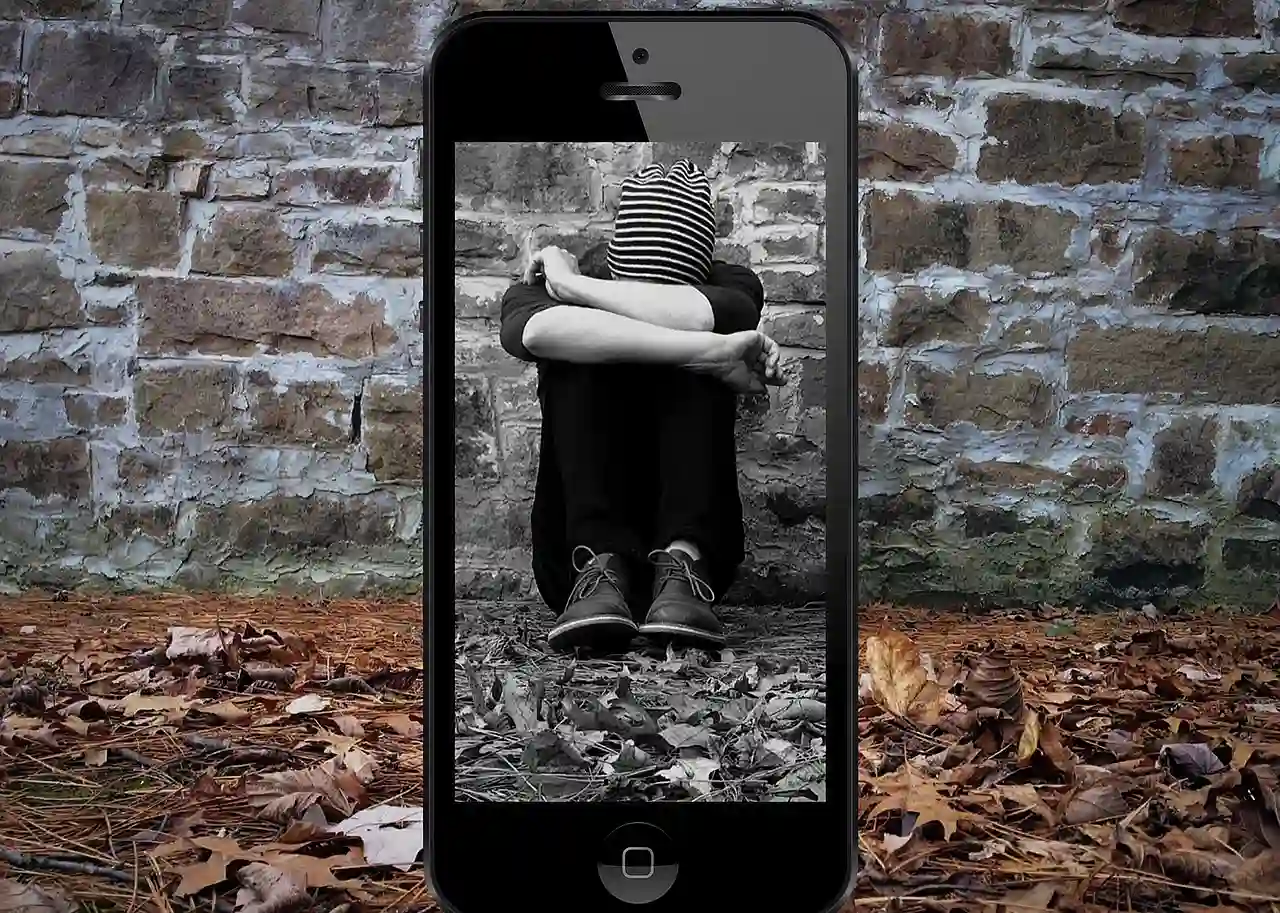Are you looking for cyberbullying argumentative essay? Then you have visited the right place,
Read on.
Introduction
In today’s interconnected world, where electronic devices and the internet have become an integral part of our daily existence, a troubling phenomenon has emerged – cyberbullying. This essay aims to explore the concept of cyberbullying, explore its definition, delve into its impact on mental health, discuss the propagation of false information, examine the delicate balance between freedom of speech and online anonymity, assess the legal consequences it contains, and understanding its link to social exclusion.
The urgency of understanding and addressing cyberbullying cannot be stretched, as it directly impacts the well-being of individuals in the digital age.
Cyberbullying Argumentative Essay
Lets first understand what Cyberbullying is:
Understanding Cyberbullying
In order to navigate the realm of cyberbullying, it is essential to differentiate it from its traditional counterpart. Cyberbullying happens due to the use of electronic devices and the internet to engage in hurtful behavior, a stark contrast to the physical nature of traditional bullying. Unlike face-to-face interactions, cyberbullying often occurs on social media platforms, allowing criminals to hide behind screens while targeting victims.
This form of aggression contains a wide range of actions, including sending derogatory messages, sharing humiliating images, and spreading baseless rumors. The perceived anonymity of the online world can hearten individuals to commit hurtful acts they might avoid in real life.
Impact on Victims’ Mental Health
The consequences of cyberbullying are far-reaching, deeply affecting the mental health of its victims. The endless assault of hurtful messages and derogatory content can lead to deep emotional distress. A substantial connection has been established between cyberbullying and the development of psychological issues, particularly depression and anxiety. Individuals subjected to cyberbullying experience a continuous sense of humiliation and helplessness, which can erode their self-esteem and overall emotional well-being.
Various studies highlight the problematic correlation between cyberbullying and mental health deterioration. Real-life accounts of individuals who have caved to the pressures of online abuse serve as significant reminders of the harmful effects that uncontrolled cyberbullying can generate.
Spread of Rumors and False Information
The digital landscape provides an ideal breeding ground for rapidly transmitting false information and rumors. Social media platforms, designed to connect people across the globe, can accidentally facilitate the spread of malicious content. The viral nature of online information allows rumors to escalate quickly, often reaching a vast audience within moments.
Victims of cyberbullying find themselves trapped in a web of falsehoods, powerless to stop the propagation of damaging rumors. The consequences are twofold: False information spoils a person’s reputation and causes emotional harm that can stay long after the rumors are debunked.
Online Anonymity and Freedom of Speech
The concept of freedom of speech is fundamental in democratic societies, extending to the digital realm. However, covering online obscurity poses challenges in maintaining a respectful online discourse. While anonymity safeguards individuals’ privacy, it also creates an environment where irresponsible behavior can flourish.
People may engage in hurtful actions and derogatory comments under the assumption of impunity. Maintaining a balance between freedom of expression and curbing online abuse is essential. Responsible online communication promotes healthy dialogue while discouraging the expansion of cyberbullying.
Legal Consequences and Responsibility
Recognizing cyberbullying as a grave violation is a pivotal step in minimizing its prevalence. Legal consequences play a crucial role in holding cyberbullies accountable for their actions and protecting victims from harm. Legal measures against cyberbullying can vary depending on jurisdiction, containing penalties such as fines and imprisonment.
Raising awareness about these potential legal consequences serves as a barrier, discouraging potential offenders and empowering victims to seek justice. It is necessary upon society to create a culture of responsible online behavior and ensure the enforcement of appropriate consequences for cyberbullying.
Cyberbullying and Social Exclusion
Cyberbullying often acts as a catalyst for social exclusion, further intensifying its adverse effects. Victims may withdraw from online interactions to cover themselves from the attack of abuse, leading to isolation and loneliness. These feelings of exclusion can saturate real-life relationships, causing a ripple effect of emotional disruption.
To counteract this, concerted efforts should cultivate an inclusive online environment that encourages empathy and respectful communication. By encouraging a sense of belonging, society can reduce the detrimental impact of cyberbullying on social interactions and emotional well-being.
Conclusion
This Cyberbullying Argumentative Essay concludes that the battle against cyberbullying is a collective effort. By grasping the essence of cyberbullying, understanding its detrimental impact on mental health, curtailing the spread of false information, harmonizing freedom of speech with online ethics, acknowledging legal impacts, and dismantling the barriers of social exclusion.
We can develop a safer, more empathetic digital landscape. Supporting the values of compassion, respect, and responsible online citizenship is pivotal in fighting cyberbullying and promoting a virtual world where all individuals can prosper without fear of harm or harassment.
Also Read:
